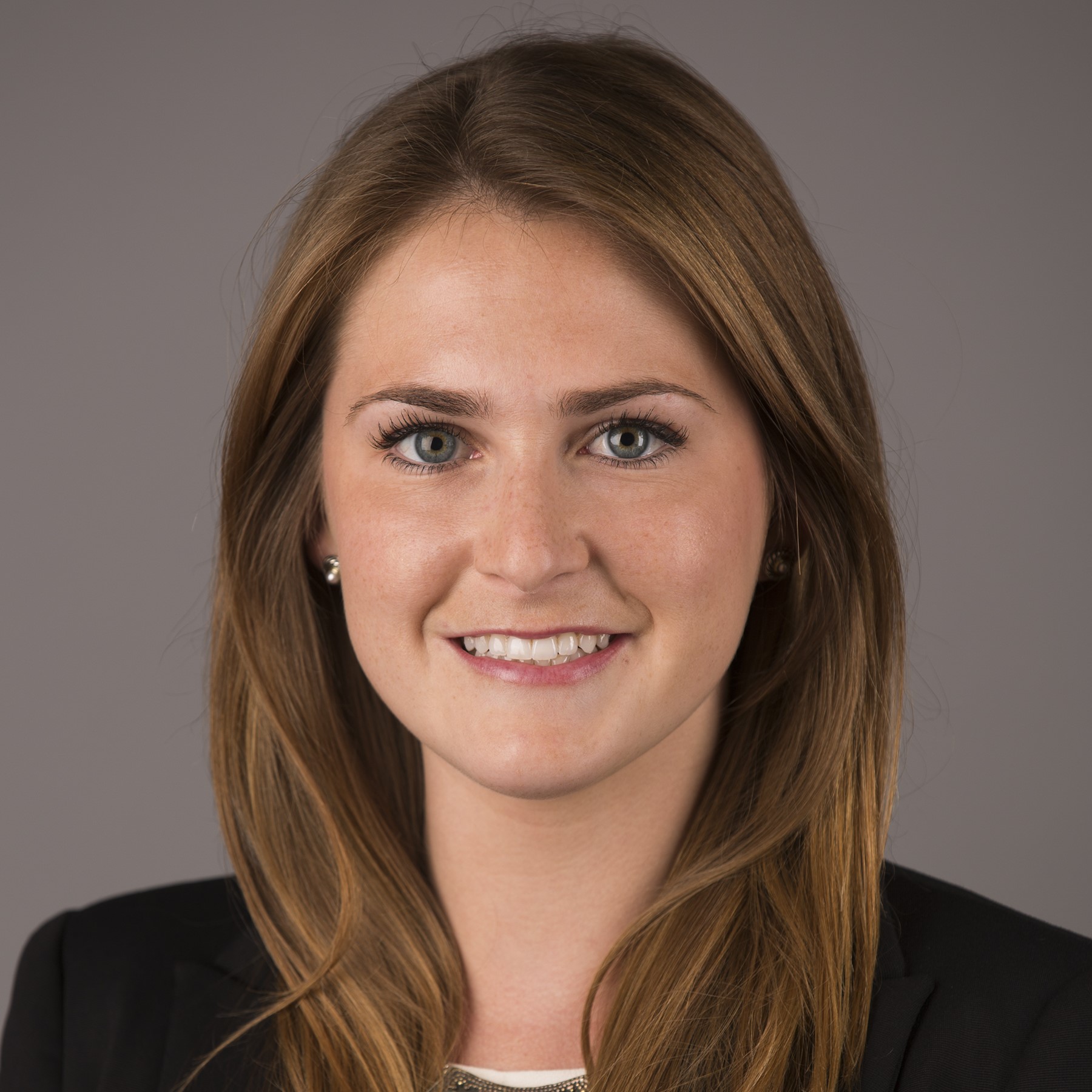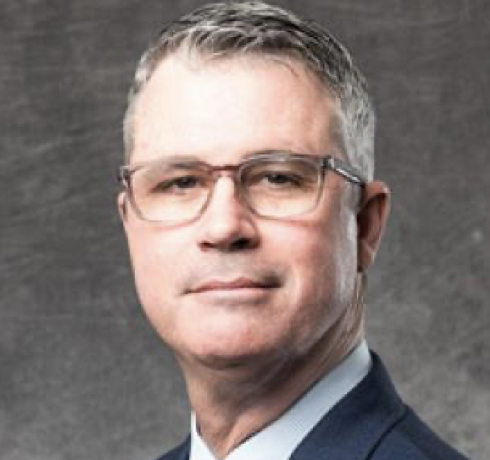
- This event has passed.
Philanthropy Stepping Up to Ensure Access to Online Learning: An Opportunity to Address Learning Loss

This webinar, a part of the Funder to Funder Conversations series, continued the exploration of the challenges posed by widespread digital inequities in a time when approximately half of students are expected to learn remotely for at least a portion of the fall. Having explored state and local solutions in previous sessions, this webinar examined the wide range of roles that funders can play in ensuring that all children have access to online learning opportunities.
Bonnie Gettys of the Barry Community Foundation shared how the area’s topography posed a significant barrier to the internet access along with affordability. With 53 percent of students lacking internet access, the foundation partnered with a local Internet Service Provider to offer free education internet to students and provided funding to schools to purchase Chromebooks and cover other costs related to COVID-19. As a member of the Rural Partners of Michigan, it is now advocating for digital equity statewide.
Julia Quinn of Citadel described how a broad coalition of cross-sector partners joined together this spring to launch Chicago Connected, a citywide effort that is extending high-speed, fixed-line household internet access to more than 100,00 public school students in more than 60,000 low-income households for four years. After data analysis revealed that about one in five Black and Latino children in Chicago lacked broadband access, Citadel joined with several other private funders and city leaders to raise $50 million to support the effort. More than 20 community-based organizations have been engaged to conduct outreach into communities to reach eligible families and help them utilize the devices.
Elliot Weinbaum of the William Penn Foundation described PHLConnectED, an initiative in Philadelphia that is seeking to ensure all K-12 families in the city have access to reliable, high-speed internet connections. As a part of this initiative, Comcast and T-Mobile are contributing wired home internet service and Wi-Fi hotspots. By engaging all area schools, including public, charter, Catholic and private, they are making bulk purchases, ensuring the best pricing and a uniform level of service.
Orrin White explained how United Way of Delaware is leveraging its 211 platform to reach and support students and families across the state, including both rural and urban communities. United Way added a “Press 4 for Student Help and More” option to the phone-based resource platform, helping families access internet and digital devices along with other educational information and supports. He shared how they are partnering with local businesses to access and refurbish Chromebooks and other devices as a strategy for overcoming supply chain losses.
Michael Williams of United Way of Southeast Louisiana shared that New Orleans was selected by Black Entertainment Television (BET) as one of five communities that it would support in addressing the disproportionate impact of COVID-19 on African-American communities. With nearly one-third of households in the city lacking internet, a portion of the $2 million from BET is being used to close the digital divide, including the purchase of 10,000 Chromebooks and 5,000 hotspots, for students.
After describing their local initiatives, the panelists offered their insights and advice to other funders who are working to address this challenge, stressing the importance of collaboration, building trust with families through community-based partners and advocacy for increased public investment in universal broadband.
Panel






